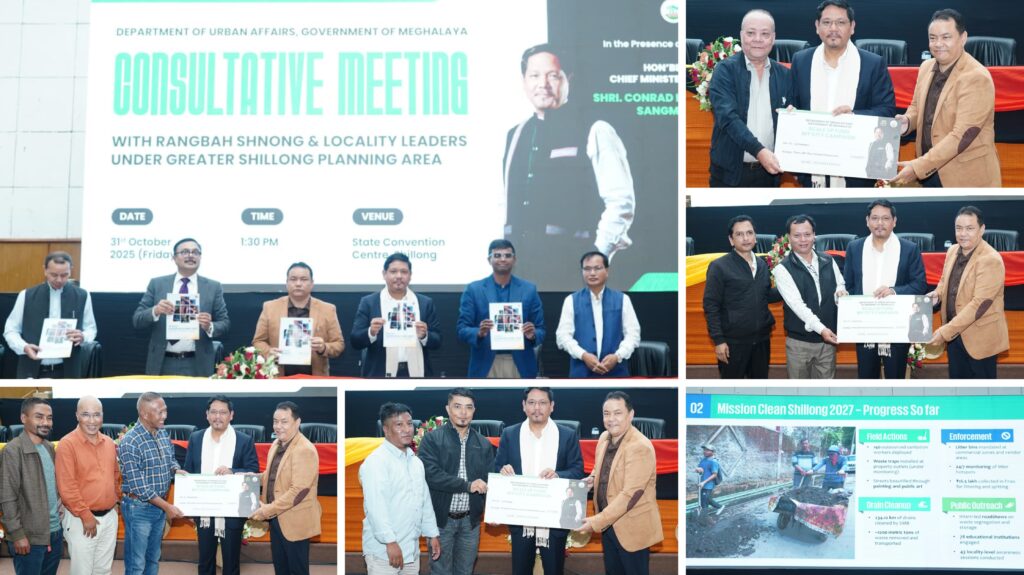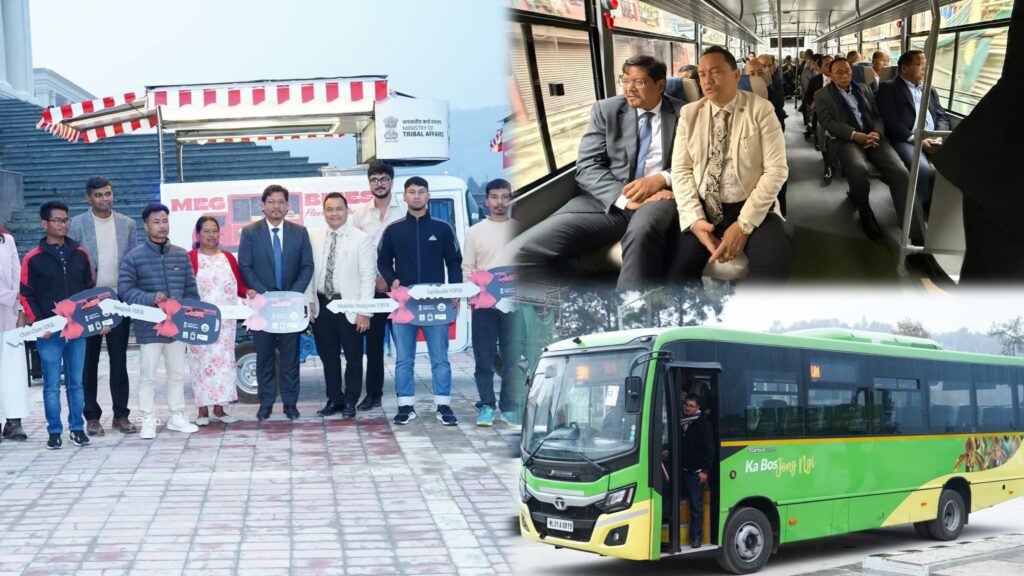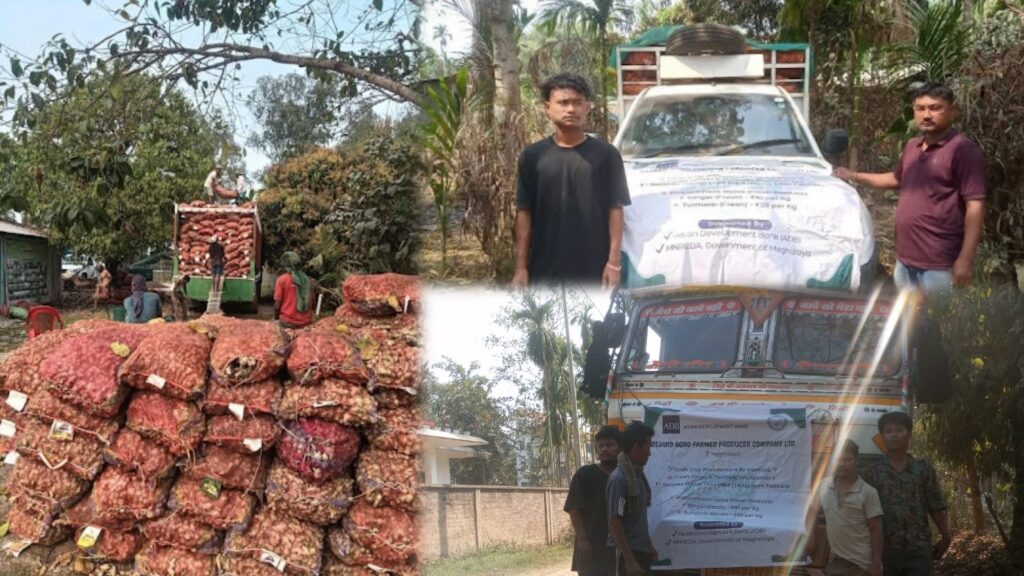Shillong, October 31 : In a major step toward improving urban governance and sustainability, the Department of Urban Affairs, Government of Meghalaya, organized a Consultative Meeting with Rangbah Shnongs and locality leaders under the Greater Shillong Planning Area at the State Convention Centre, Shillong.
The event was attended by Chief Minister Conrad K. Sangma, Deputy Chief Minister Sniawbhalang Dhar, Chief Secretary Dr. Shakil Ahammed, and Commissioner and Secretary Dr. Vijay Kumar D, along with senior officials from the Urban Affairs Department, the Shillong Municipal Board (SMB), and the Meghalaya Urban Development Authority (MUDA).
The highlight of the meeting was the formal launch of the Mission Clean Shillong 2027, a comprehensive initiative aimed at making Shillong one of the cleanest and most sustainable cities in the Northeast. The mission focuses on Achieving 100% waste processing and eliminating legacy waste from the Marten landfill. Promoting litter-free localities through better waste segregation and disposal. Introducing tech-enabled monitoring systems for waste management. Encouraging citizen-led cleaning drives and community accountability.
Officials emphasized that the initiative seeks to bring together traditional institutions, municipal agencies, and citizens to achieve cleaner, greener, and more livable neighbourhoods.
Addressing the gathering, Chief Minister Conrad K. Sangma called for deeper collaboration between the government and traditional institutions. “The purpose of these meetings is not just to point out what’s not working, but to ask what we can do together to make things better,” he said. “When the community, the government, the officials, and the political leadership come together, there is nothing we cannot achieve.”
He noted that such regular engagements demonstrate the government’s intent to institutionalize cooperation and community-driven governance. While acknowledging progress in areas such as sanitation, lighting, and waste management, he emphasized that more remains to be done.
Sangma also announced that discussions on river cleaning and drug abuse prevention would soon be held, adding that both issues require urgent, coordinated responses. “Let us continue to work as a team to make Shillong clean, green, and a much more livable city,” he urged.
The Chief Minister outlined the government’s priorities for urban improvement, including: CCTV installation across 48 localities (250 cameras) by November. Street lighting upgrades through a mission-mode programme. Drain rehabilitation and flood prevention efforts. Beautification projects to improve city aesthetics.
He announced that the Shillong Municipal Board will now be the sole maintenance agency for CCTVs and street lights, eliminating previous jurisdictional overlaps. The Chief Minister also linked these initiatives to preparations for the 2027 National Games, ensuring that Shillong is ready with improved sanitation, infrastructure, and safety systems.
Officials from the Urban Affairs Department reported steady progress under the Clean Shillong Mission, launched in July 2025: 50% increase in sanitation manpower and systematic drain cleaning. Nearly half of 3.5 lakh metric tons of legacy waste at Marten remediated through bio-mining, with compost reused in collaboration with the Agriculture Department. River rejuvenation projects, new vendor relocation zones, and on-street parking systems underway.
Funds were also released to 14 localities under an outcome-based model to support beautification and citizen-driven projects. The Chief Minister handed over scale-up fund cheques to these localities, encouraging them to initiate painting drives, color-coded schemes, and community clean-ups to enhance Shillong’s visual appeal.
An interactive session between the Chief Minister and locality headmen provided a platform for open dialogue on issues like urban infrastructure, safety, and waste management.
The meeting concluded with key announcements, including: Expansion of Village Defense Party (VDP)-style volunteer programs to strengthen community policing and combat drug abuse. Traffic management reforms to ease congestion. Development of public toilet facilities and CSR-backed maintenance partnerships in major commercial areas.








